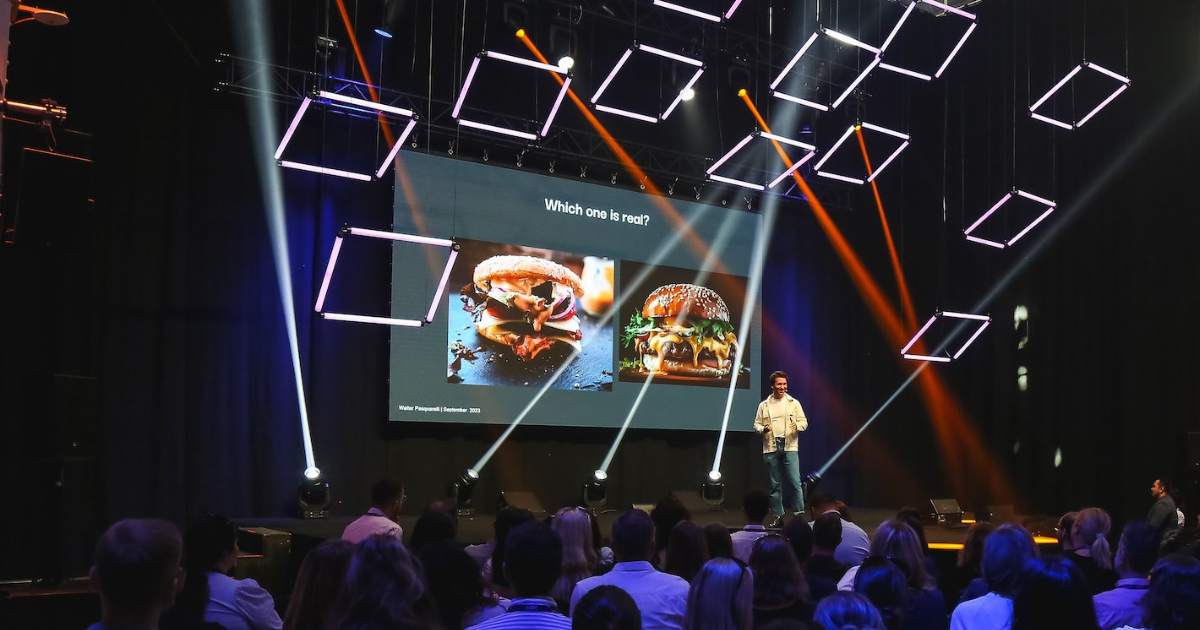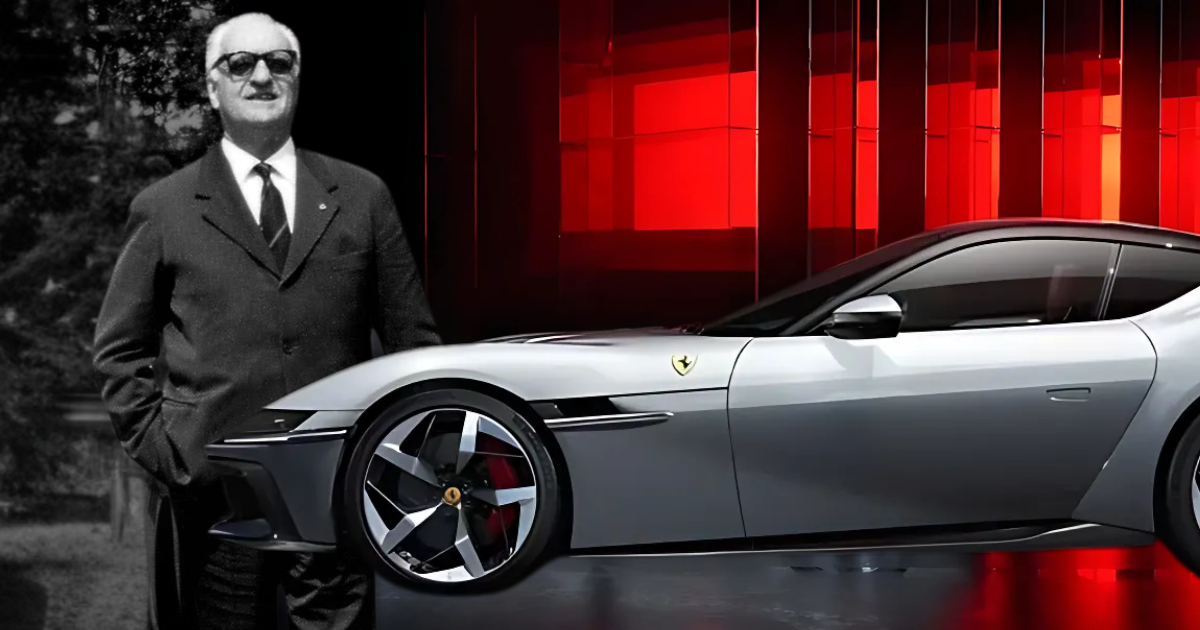AI and the Future of Luxury
As we approach 2025, the conversation around artificial intelligence continues to intensify, with transformative advancements making their way into every corner of the luxury landscape. From the seamless personalisation of luxury travel to immersive wellness experiences, AI technologies—particularly generative AI, AI agents, synthetic realities, and even deepfakes—are reshaping consumer expectations and the way brands deliver exclusivity and authenticity. Here’s what will be at the forefront of these discussions and how they’ll redefine luxury travel, lifestyle, and wellness.
Generative AI has evolved far beyond being a tool for content creation—it’s now an enabler of bespoke experiences. In 2025, we’ll see generative AI creating immersive, interactive travel itineraries designed to fit the intricate preferences of the ultra-high-net-worth individual. For instance, imagine an AI-powered virtual travel concierge capable of designing not just trips but cinematic previews of those trips. Using platforms like MidJourney and Runway, luxury travel brands can generate hyper-realistic visual representations of a yacht charter in the Mediterranean or a private safari in Botswana. These visuals, tailored to a traveler’s specific desires, create an emotional connection long before the journey begins.
Moreover, generative AI will transform storytelling for luxury brands. Whether through personalised digital ads, dynamic hotel room environments, or adaptive wellness programs, AI will allow brands to craft content that evolves in real-time based on user interactions, offering a level of customiSation that feels both intuitive and intimate.
AI Agents: The Bionic Concierge Revolution
AI agents—autonomous digital assistants that operate with conversational AI—will redefine the concept of luxury service. In 2025, the “bionic concierge” will combine AI’s efficiency with a deep understanding of human nuance. These agents won’t just answer questions; they’ll anticipate needs, book experiences, and provide round-the-clock support with unparalleled precision.
For luxury travelers, AI agents will facilitate seamless, friction-free experiences. Picture arriving at a five-star resort where your AI agent has already shared your preferences for temperature, pillow type, and meal choices. These agents can integrate with synthetic reality platforms, offering real-time augmented assistance—such as translating menus in exotic locales or providing guided tours through AR-enhanced glasses. Luxury wellness will also benefit, with AI agents acting as personal health advisors. They’ll analyse biometric data, suggest customised routines, and even order organic, locally sourced meals to match your dietary needs—all without human intervention.
Synthetic Reality: The Future of Immersive Experiences
Synthetic reality, encompassing augmented reality, virtual reality, and mixed reality, is becoming an integral part of luxury. By 2025, these technologies will shift from novelty to necessity for brands looking to captivate UHNWIs. Luxury brands are already experimenting with virtual property tours, but the future lies in fully immersive planning experiences. Imagine putting on a VR headset to explore a private island resort before booking, walking through its villas, lounging on its beaches, and even hearing the rustle of palm trees. Synthetic reality can extend to in-trip experiences, offering AR-guided adventures that enhance cultural exploration.
In wellness, synthetic reality will bridge physical and mental health. Virtual wellness retreats, where participants can meditate amidst a hyper-realistic Himalayan sunrise or attend a yoga session guided by a holographic instructor, will redefine what it means to unwind.

Deepfakes: Controversial but Creative Opportunities
While deepfake technology often sparks ethical concerns, its potential in luxury marketing and content creation is undeniable. By 2025, luxury brands may leverage this technology to reimagine iconic campaigns or bring legendary brand ambassadors back to life. Imagine a 2025 campaign for a luxury perfume featuring a perfectly recreated digital version of Audrey Hepburn, blending nostalgia with cutting-edge innovation.
Deepfakes could allow brands to connect the prestige of their legacy with modern audiences in a visually compelling way. Picture a campaign where Enzo Ferrari himself, digitally reimagined, introduces the brand’s newest supercar, delivering a message about heritage and innovation directly to a captivated audience, or a virtual Grace Kelly “modelling” a modern version of the Cartier necklace she wore at her wedding. While these possibilities are exciting, transparency will be paramount. To build trust, luxury brands will need to disclose their use of deepfake technology and ensure it complements rather than replaces authentic human creativity. This balancing act will determine whether deepfakes become an asset or a liability in the world of luxury.

Ethical AI: The Fine Line Between Luxury and Intrusion
With great power comes great responsibility, and as AI becomes more integrated into luxury, questions of ethics and data privacy will dominate the conversation. By 2025, UHNWIs will expect transparency in how their data is collected and used. AI systems must not only comply with global regulations but also demonstrate accountability.
Luxury brands can lead by example, implementing AI governance frameworks that prioritize consumer trust. For instance, AI-generated itineraries or wellness programs should include an opt-out feature, allowing clients to maintain control over their data. Ethical AI isn’t just good practice—it’s a brand differentiator in a market that values integrity.
While AI will transform luxury, the human touch will remain irreplaceable. The future lies in collaboration—using AI to enhance, not replace, the creativity and empathy that define luxury experiences.
As we look toward 2025, brands that embrace these innovations while staying true to their identity will lead the pack. From generative AI crafting bespoke narratives to AI agents reimagining customer service, the possibilities are endless. But at the heart of it all is a simple truth: luxury is about making people feel extraordinary, and in 2025, AI will help brands achieve that in ways we’re only beginning to imagine.
Walter Pasquarelli is an internationally recognised expert on AI strategy and synthetic reality. Leading advisory and editorial programmes at The Economist Group, Walter operated at the forefront of technological innovation, shaping policy and business perception of emerging technologies. He is a member of the OECD’s AI expert network and a research affiliate at the Bennett Institute at the University of Cambridge. Recognised as one of the top 16 global speakers on AI, Walter’s work empowers C-suite executives and aspiring global leaders with a forward-thinking perspective geared towards success in the age of artificial intelligence. His work has gained global recognition, with features in The Economist, Forbes, Der Tagesspiegel, El Tiempo, the European Parliament, and NATO.
Continue Reading
Wellness Trends Defining How We Recharge
Shaping 2025: Key Trends in the Luxury Landscape
Travel Trends: A Year of Immersive Journeys and Meaningful Explorations

